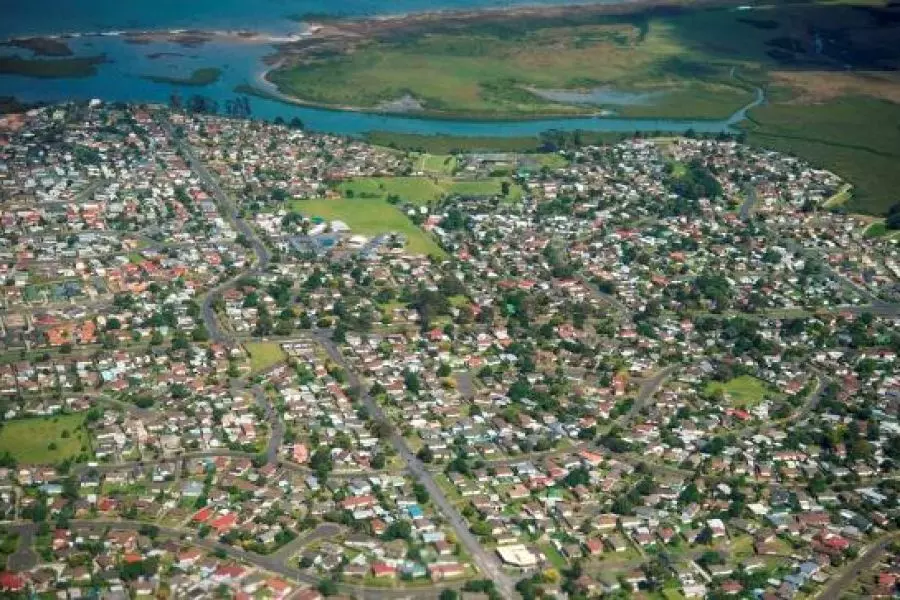News
More needed to address supply issues

Thursday 26th of May 2016
Growing public concern about Auckland’s critical shortage of both rental accommodation and affordable homes to buy means many had high hopes for supply side announcements in today’s Budget.
But there was just one major supply side initiative: Finance Minister Bill English allotted $100 million towards housing development on surplus Crown...
Want to read the full article?
Click the button below to subscribe and will have unlimited access to full article and all other articles on the site.






![[The Wrap] Bye Bye Bayly](https://goodreturns.publit.io/file/c_fill,w_900,h_600/39f23ac1-f7c7-4854-b700-a150004ebbac.webp)


